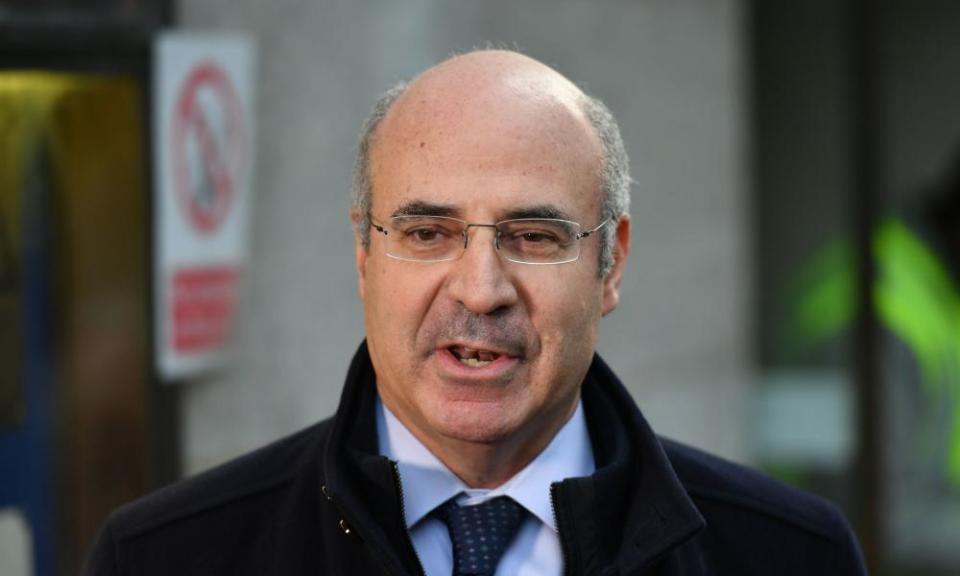UK warns Hong Kong security law critics of extradition risk posed by China

Britain has warned some Hong Kong critics in the UK about travelling abroad, according to high-profile human rights advocate Bill Browder, highlighting concerns about the cross-border reach of the Chinese region’s national security law.
Browder, a well-known lobbyist for the use of sanctions against foreign governments involved in human rights abuses, said he was contacted by the UK Foreign Office earlier this month after he was named in a Hong Kong court during a foreign collusion case.
“[The] British government contacted me and other activists who were advocating for Magnitsky sanctions against Hong Kong officials to avoid travelling to countries with Hong Kong extradition treaties, to avoid getting ensnared in China’s new national security law,” Browder said on Twitter.
According to a report by Bloomberg, the Foreign Office contacted Browder by email, and then on a subsequent video call an official read a list of countries that can extradite individuals to Hong Kong.
Browder, a US-born naturalised British citizen, did not detail which other individuals had been contacted. The Foreign Office told Bloomberg it could not comment on private meetings.
Related: Hong Kong: international companies reconsider future in wake of security law
Browder is a well-known critic of state-backed human rights abuses. In 2005 he was expelled from Russia after having run one of the country’s most successful investment funds, until it was hijacked by corrupt officials.
The subsequent arrest and murder in prison of a tax lawyer who worked for Browder, Sergei Magnitsky, prompted Browder to lobby the US to introduce sanctions legislation which came to be known as the Magnitsky Act. The act allows for the targeting of individual foreign nationals with sanctions, and similar laws have since been passed in numerous other countries.
Browder has been outspoken on the Hong Kong crackdown, and called for foreign governments to use Magnitsky-style sanctions against government officials.
The national security law, introduced in June last year, broadly outlaws a host of acts and activities as foreign collusion, secession, subversion and terrorism. It has been used to arrest more than 140 people so far, including pro-democracy figures, student activists, media executives, journalists and human rights activists.
Charges have been laid against about half the cohort, and some individuals who have since fled overseas are subject to warrants under the law. The law, which was designed and implemented by Beijing, claims international jurisdiction, prompting concerns that it could be used to target people suspected of breaching it even if they are overseas.
Hong Kong government figures list 19 extradition agreements with other nations including India, Indonesia, Malaysia, Singapore, South Africa and Portugal. In response to the law, several countries including the UK, Australia, Germany, France and the US, tore up their Hong Kong agreements.
Chinese authorities record at least 59 extradition agreements, including with countries across Asia and Europe, although not all are ratified. Several countries including France and Australia have indicated they will not ratify their agreements.
Various government travel warnings urge caution when travelling to Hong Kong because of the new law. The UK’s official advice warns of “a risk for those who commit an offence under the law of being detained and removed to mainland China”.
“The legislation states that [national security] offences apply to activities conducted both inside and outside Hong Kong, which in practice could include activities conducted in the UK. China’s mainland authorities could under certain circumstances detain and try individuals who commit an offence, or are accused of committing an offence, under the terms of this law.”

 Yahoo Movies
Yahoo Movies 